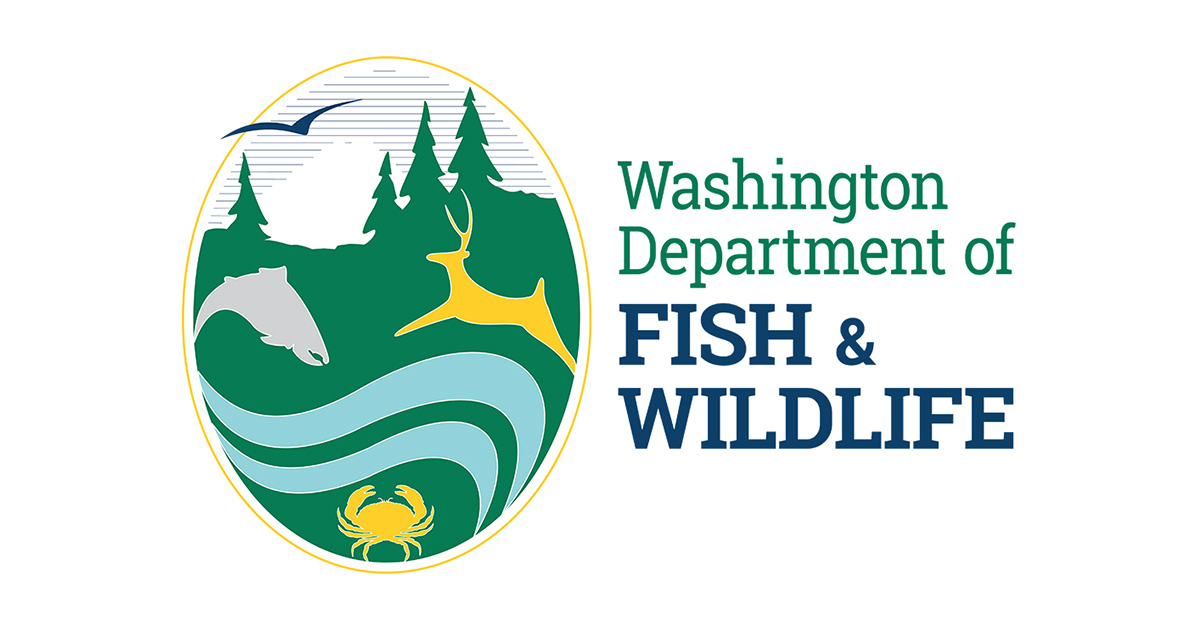There are three (3) openings for full-time/permanent Abalone Biologists. These permanent journey-level professional biologists work in the Fish Program on the Subtidal Shellfish Dive Team.
Aid in the recovery of Washington State endangered Pinto abalone through active restoration, research, and outreach. Specifically, these positions will conduct wild SCUBA abalone surveys, juvenile stocking, and monitoring, outplant site scouting, adult broodstock assessment and collection, operate and maintain vessels, and fulfill needs at our partner hatchery facility.
You are excited to participate in research projects to close Pinto abalone knowledge gaps and further our knowledge regarding restoration strategies.
With your experience, you will build and maintain long-term spatial datasets in an effective and orderly manner.
In this dynamic role, you will assist partners with abalone husbandry and aquarium maintenance as needed in Manchester, Seattle, and/or Port Townsend.
Duties
Here is some of what you will be doing:
Conducts biological studies of Pinto abalone restoration efforts, wild population dynamics, and habitat monitoring related to species recovery:
- Work with lead project biologist to conduct scientific SCUBA diving operations off research vessels in the San Juan Islands and Strait of Juan de Fuca for Pinto abalone research and restoration.
- Safely operate research vessels with divers in dynamic and harsh conditions.
Participates in management and analysis of Pinto abalone datasets, contributes to writing reports and research papers, and engages in education and outreach opportunities:
- Analyzes data from dive surveys to determine when and if conservation objectives and down-listing criteria are met per WDFW’s Pinto Abalone Recovery Plan.
- Works with lead project biologist and lead research scientist to assemble Pinto Abalone Status Reviews.
- Contributes to authoring research papers to be published in appropriate scientific journals.
- Presents information on Pinto abalone to the public.
Aids in tasks and projects with Pinto abalone program partners and collaborators:
- Coordinate with project partners as necessary to further enhance collaborative restoration efforts.
- Assist Puget Sound Restoration Fund as needed in hatchery work including abalone spawning, larval rearing, tank maintenance, and juvenile husbandry.
- Foster current and new relationships with tribal, university, NGO, local, state, and federal project partners.
Participates in fieldwork of co-managed subtidal shellfish species, including surveys of geoduck, cucumber, and urchin; as well as monitoring species of concern such as sea stars:
- Participation in fieldwork using SCUBA to estimate biomass of geoduck, sea cucumber, red and green sea urchin, and related species for fisheries co-management purposes.
- Participation in fieldwork using SCUBA for studies of subtidal shellfish species of concern, including sea stars and purple urchin, for conservation purposes.
Working Conditions:
Work Setting, including hazards:
- Work aboard and operate department vessels in all waters of Puget Sound, San Juan Islands, and the Strait of Juan de Fuca in sometimes challenging weather conditions.
- Underwater fieldwork is subject to diverse conditions including cold temperature, low visibility, and high current. Independently lift and move weighted SCUBA gear in a safe and effective manner.
- Work is also done in a standard office environment, including repetitively entering data and long periods of looking into a computer monitor.
- Must be able to negotiate water in emergency situations.
Schedule:
- Fieldwork hours are variable, but usually Monday–Thursday.
- Office work is usually within a 40-hour workweek, Monday–Friday.
- Rare weekend work may be necessary when tidal/fishery conditions require it.
REQUIRED QUALIFICATIONS:
- A Bachelor’s Degree in fisheries, wildlife management, natural resource science, or environmental science.
And
- One (1) year of professional or volunteer experience in fish/wildlife/habitat management or research.
License/Certification:
- Valid Driver’s License.
- Open-water SCUBA certification from a recognized and qualified dive organization (e.g., NAUI, PADI, SSI, etc.).
Salary: $4,282.00 - $5,756.00 Monthly
Closing Date: October 25, 2023





